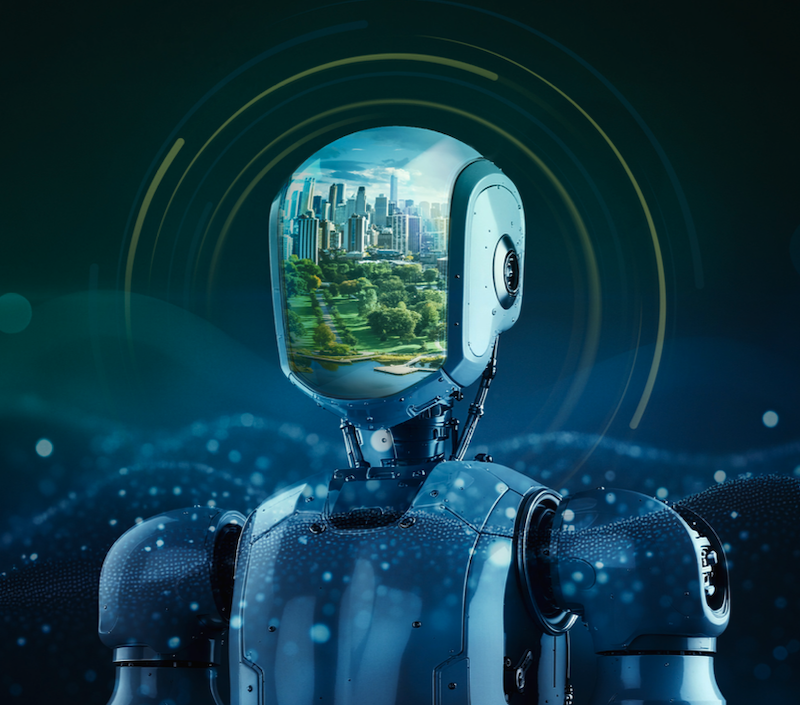Deloitte has published a new report arguing that the world is entering the era of “physical AI” – intelligent robots capable of perceiving, reasoning, and acting in the physical world – and says the technology is set to reshape manufacturing, construction, logistics, and other industrial sectors.
The report, How robotics and physical AI are reshaping industries and society, describes a “pivotal moment” driven by three converging forces: rapid advances in AI models, falling hardware costs, and deepening labour shortages.
Deloitte says physical AI systems represent the next step beyond traditional automation, enabling machines to “autonomously interact with, interpret, and make decisions within physical environments, often in real time and with real-world feedback loops”.
In an email introducing the research, a spokesperson for Deloitte said the trend signals “a shift in how we think about work, productivity, and the future of human-machine collaboration”.
New phase of robotics adoption
Deloitte highlights the acceleration of humanoid, quadruped, autonomous mobile robots and industrial AI systems across factories, warehouses, and construction sites.
The report points to Agility Robotics’ RoboFab plant, which is now producing up to 10,000 humanoid robots per year, and Boston Dynamics’ deployment of Spot quadrupeds across sectors from energy to policing.
Physical AI builds on advances in vision-language-action models that allow robots to understand speech, analyse scenes, and perform tasks without being explicitly programmed.
“The manufacturing cost of humanoid robots dropped 40 percent between 2023 and 2024,” the report notes, citing cheaper sensors, actuators, and improved production methods.
Markets are also expanding quickly, with Deloitte citing forecasts of a $392 billion global robotics market by 2033 and a humanoid robot market worth $38 billion by 2035.
Workforce and safety implications
The consultancy argues that physical AI augments rather than replaces labour, though repetitive physical tasks are likely to shift first.
It says future roles will increasingly be “human-and-robot” rather than “human-only”, with significant investment required in workforce training and safety protocols.
Unlike software-based AI, Deloitte notes, physical AI raises unique safety, regulatory, and cybersecurity challenges, particularly as robots move from controlled industrial environments into public spaces.
It highlights growing concerns over cyber-physical threats, pointing to research showing 80 percent of manufacturing firms experienced cyber incidents in 2024.
Deloitte’s ‘6Ps’ roadmap for adoption
The report introduces a “6Ps” roadmap designed to guide companies through physical AI deployment: Prepare, Perceive, Process, Perform, Proceed, and Potential.
This framework spans manufacturing capability, data systems, skills development, deployment, and long-term business and societal impacts.
Tim Gaus, principal and smart manufacturing business leader at Deloitte, is highlighted as a key commentator in the report, with availability to discuss “how business leaders can strategically respond to this moment”.
Deloitte concludes that physical AI could transform work and productivity across multiple industries, but warns that organisations must plan for both technical and human-capital challenges to capture its benefits.

